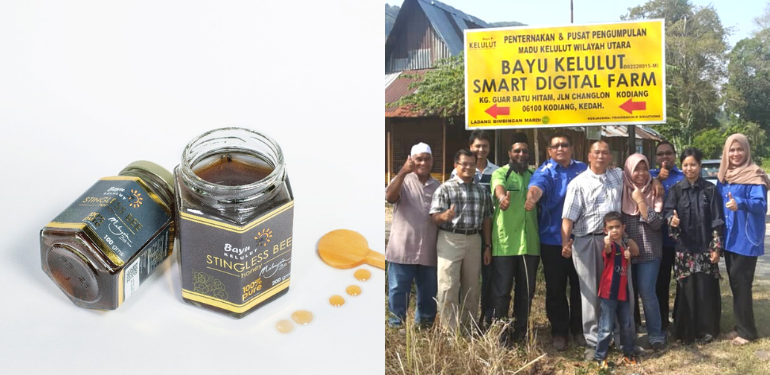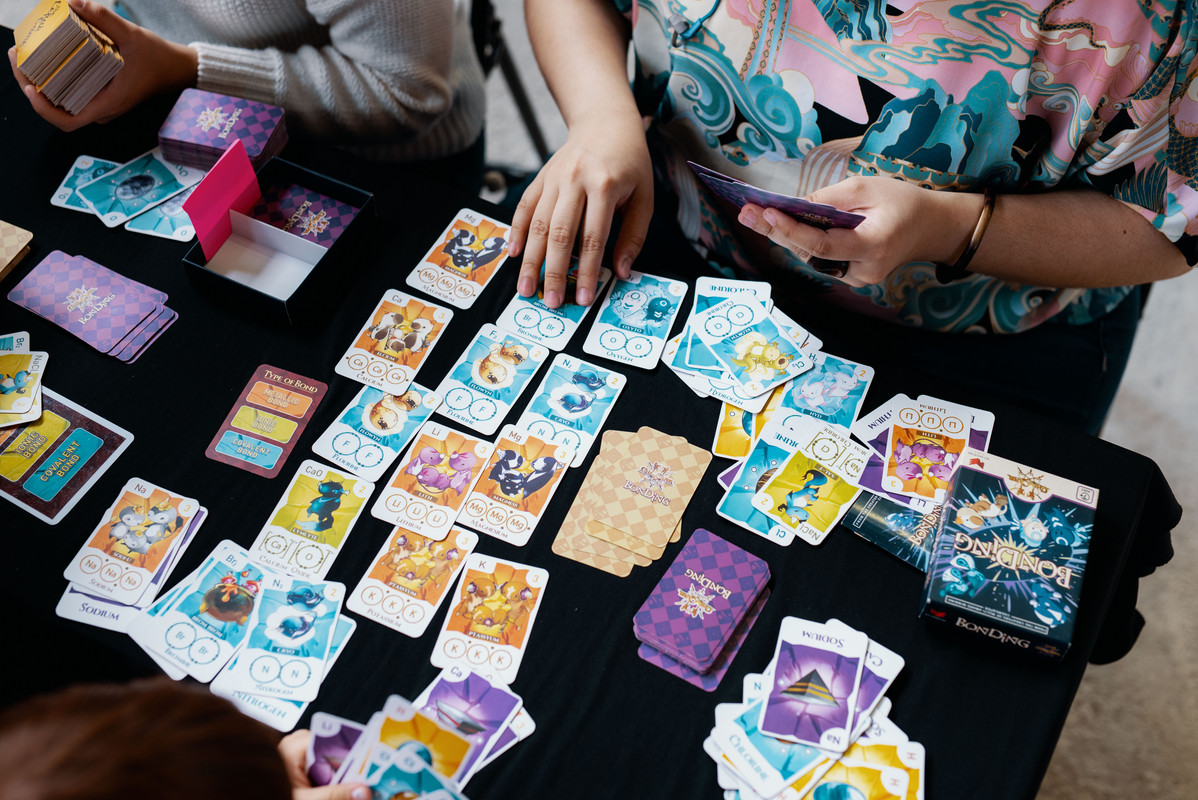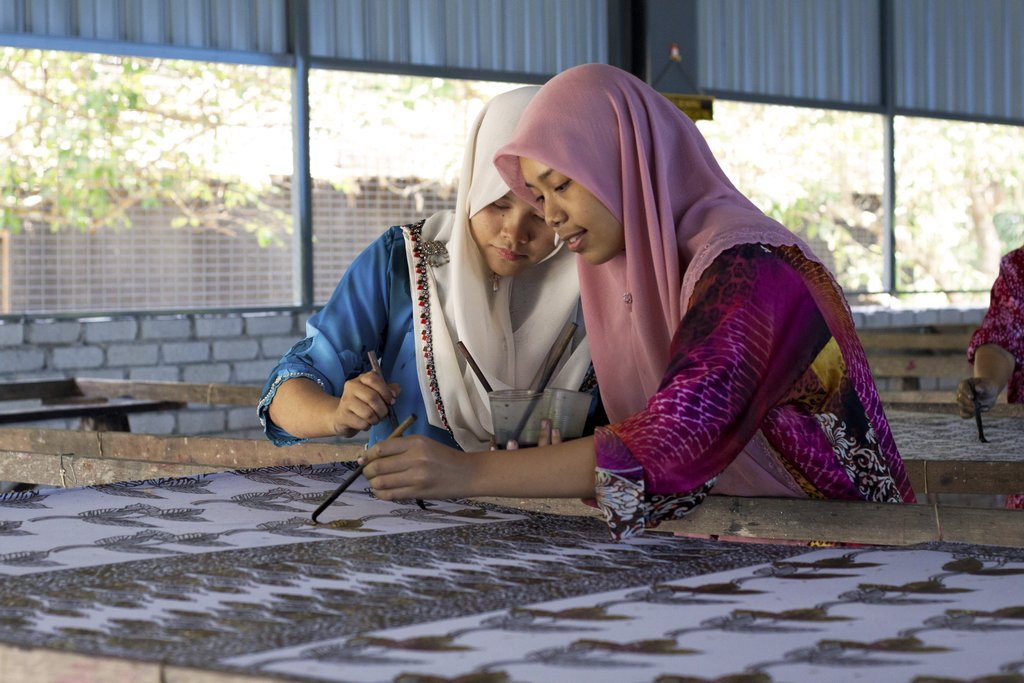Homegrown Businesses Share Their Advice On How To Stay Alive And Thrive With E-Commerce
"Geography is no longer a limiting factor with e-commerce and social media."
If there's one thing amazing that's come out of 2020, it's the growth of online shopping.
Not only has it enabled us to get essentials like food and groceries, but also small luxuries like clothes and electronics. It's become a lifeline for many Malaysians.
And it's not just everyday Malaysians that are enjoying the convenience of shopping from home. Local businesses are able to stay alive and thrive despite these challenging times.
What's great about e-commerce is that it's helping small and medium-sized enterprises (SMEs) reach a wider crowd and gain a bigger market
For local honey producer Bayu Kelulut, the company was hit hard at the start of the Movement Control Order (MCO). But according to its CEO, Hisham Yusoff, after embarking on new trading ventures and going all out on digital marketing, they've seen their sales spike even more than before the pandemic.
"Besides using Facebook ads and WhatsApp Business to connect with customers, we’re using all kinds of e-commerce websites like Lazada, Shopee, and Agrobazar to sell our products to Malaysians.
We’re also on platforms such as eBay, Amazon, JD.com, MOMO, and TMall to reach an even wider range of customers internationally," shared Hisham.
Epic Treats, another local SME that produces nutritional treats and supplements for all furkids, also had to change the way they ran their business.
"Before the pandemic, we used to promote Epic Treats to pet owners at pet shows and exhibitions. Now, we promote our products online via Facebook, Instagram, Shopee, and especially word-of-mouth from happy and satisfied customers," shared Jovie Chong, the Director of Epic Treats.
For some SMEs, e-commerce has allowed them to extend their reach even beyond the borders of Malaysia
Ace EdVenture Studio is an SME in Klang Valley that creates educational comics and games, including multi-award winning game ChemCaper, the BonDing card game, and Petticle Planet comics. CEO Erica Tham shared how the pandemic forced their team to be bolder in sharing their products online.
“Geography is no longer a limiting factor with e-commerce and social media. We’re very thankful that it has allowed our card game BonDing to reach parents all the way in Johor Bahru.
Our comic, Petticle Planet, has also been used to educate and entertain kids in other parts of the world, especially America where most of the organic downloads for ChemCaper come from,” shared Erica.
Thanks to e-commerce, not only are businesses thriving, communities are also able to earn a living
For social enterprise Batik Boutique, e-commerce has meant everything to them as a business this year.
According to CEO Amy Blair, a lot of their growth plans were halted because their office, boutiques, and production centres needed to be shut down during the MCO. That’s why they had to go back to their startup days and move quickly - one of the ways was going online.
“We were slower to push our products online in the past because batik is something customers like to touch and feel before purchasing. But we have seen a consistent five-time growth for e-commerce in the last six months, since engaging digital marketing and pushing our products online more,” said Amy.
Amidst all the uncertainties, Batik Boutique is thriving. The cool thing is that each online purchase directly benefits the artisan who made it. Thanks to e-commerce, the social enterprise is able to continue helping out rural batik artists and women from marginalised communities in their supply chain.
While it may still be a trying time for most businesses, e-commerce has helped many local SMEs to continue doing what they do and even thrive in these trying times
In light of this, e-commerce has been one of the important topics discussed in The Asia-Pacific Economic Cooperation (APEC), a regional economic forum involving 21 economies
Currently, around 50 percent of the workforce in the APEC region are part of micro, small, and medium businesses. In fact, they contribute between 20 to 60 percent of the GDP in most economies. However, these SMEs are also the ones being affected the most by the pandemic.
As the host nation for APEC 2020, Malaysia has been discussing with other member economies on how to use digitalisation to help SMEs. Especially for smaller companies with fewer assets and limited cash reserves, the key thing is to assist them in going online and allow them to maintain liquidity to remain competitive.
That's why APEC economies will continue to work on developing the digital potential of smaller businesses by providing access to digital tools, while removing barriers to digital trade and e-commerce. They will also enhance access to information and communications technologies for business development and cross-border commerce.
Find out more about APEC 2020 and how it is helping our local businesses go digital on their website today





